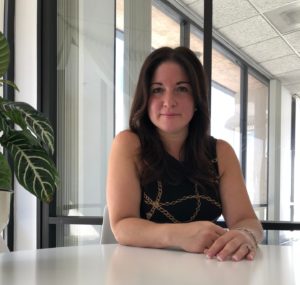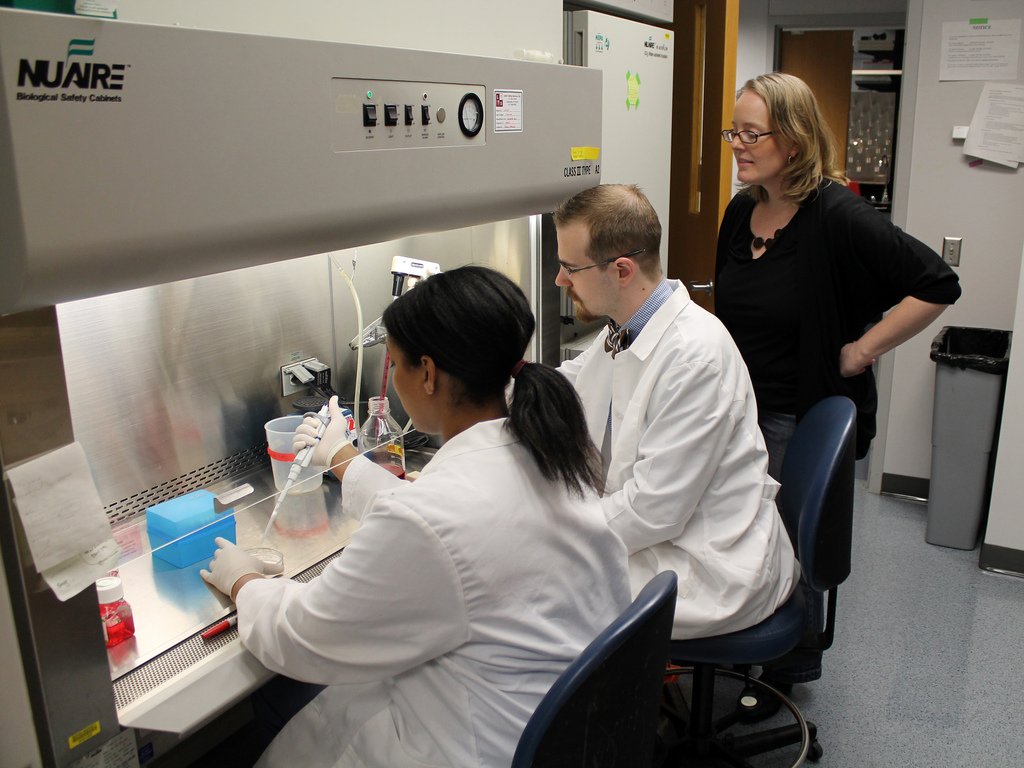Becoming an entrepreneur sounds like a dream: you are your own boss, you get to make (almost) every decision, you have a varied workday. But between the brainstorming sessions and meetings with investors, entrepreneurs might endure long work weeks resulting in rapid burnout and loss of an important investment over a “bad day”.
To get a better idea of what it’s like to be an entrepreneur in the healthcare space, Xtalks spoke with Kim Walpole, founder and CEO of Trials.ai, a company which uses innovative artificial intelligence (AI) technologies to optimize clinical trials. From her very first business selling popsicles to kids in her neighborhood when she was just 10 years old to launching three startup companies, Kim has a wealth of knowledge in building a business from scratch.
This is the second instalment of a two-part series that profiles Kim’s experience running a healthcare startup company and her experience as a CEO. Here’s her take on what it’s like to be CEO at a startup company.
An ‘Average’ Workday
Kim’s workday is anything but average. One day could be chock-full of meetings – virtual or in and around town – and the next day could be investor calls by day and networking events by night.
This is expected of most startup companies since you’re often working with a small team and have limited resources and a tight budget. In fact, it is quite crucial to implement a ‘jack of all trades’ work ethic in this position.
“The entrepreneurial journey is just so varied, and I think that’s what draws folks to starting companies,” said Kim. “It’s this idea that you can influence a lot of different areas in the organization.”
For some people, a strict 9am–5pm schedule is the perfect lifestyle. But the variability is one aspect Kim likes the most about working at a startup. As an early riser and lifelong learner, she thrives in a position that demands long working hours and constant critical thinking.
Being a CEO and visionary comes with a handful of extra responsibilities, such as making strategic decisions and ensuring her team’s work aligns with the company’s mission. But this position of leadership isn’t always glamorous.
For example, Kim says startup funding is hard to come by, calling it a “major source of frustration”. It could be significantly more difficult to obtain funding as a woman, given that less than three percent of venture capital funding goes towards women-led startups.
However, the least attractive part of the job by far is constantly facing rejection.
“I don’t look forward to the ‘No’s’, whether that’s from a customer standpoint or an investor standpoint,” she said.
3 Key Traits for Success
Being a successful entrepreneur isn’t all about business aptitude – it’s about possessing certain skills and traits that let you flourish in a tumultuous playing field. For starters, Kim says an insatiable curiosity is key: that is, don’t be married to your ideas.
“You have to hold your ideas tightly and loosely at the same time,” she said. “Having that sense of purpose and direction is one thing, but insatiable curiosity allows me to not be so tied to my methodology.”
This curiosity can come in the form of always questioning the status quo. For instance, how might artificial intelligence and technology improve patient recruitment and retention into clinical trials better than traditional methods?
Another key trait to possess is a ‘getting-things-done’ attitude. This is especially important for Kim as CEO since she sets an example for her team.
“It’s not enough to have a great idea and call yourself an entrepreneur,” she said. “Execution is everything – being able to get it done means that you’re willing to go beyond your comfort zone, learn new things on the fly and get others to buy into and execute on your vision. It’s not easy but it’s incredibly satisfying.”
Finally, Kim emphasizes the need to be customer-oriented. In the end, focusing on who you are serving leads to higher quality work, greater productivity and more inspiration.
For Kim, the motivation behind starting Trials.ai was the loss of a close friend to terminal pancreatic cancer. Diseases often claim lives faster than treatments reach the clinic, owing to the long and arduous process of testing and approving new drugs. Kim saw an opportunity to leverage smart technologies to streamline this process and help those in need.
“Whatever you’re doing you have to be passionate about the people you’re serving. Without being customer-obsessed, you get sidetracked and you forget what you’re there for and you forget what you’re building towards.”
Achieving Work-Life Balance
It might be hard to believe that achieving a healthy work-life balance is even possible, but Kim has it down to a science.
“You learn that there are ebbs and flows,” she said. “I remind myself to stay the course.”
According to an article by Neil Petch, Chairman of Virtugroup, the business lifecycle follows five phases: seed and development; startup; growth and establishment; expansion; maturity and exit. Your business strategy should change to fit whichever phase your company is in and should always remain adaptive and flexible. Similarly, your work habits should adopt that same flexibility: this might mean more travelling to meet with potential investors at first, then more desk-time and phone calls once your company becomes more established.
Kim could plan her time up to one month in advance. After working on a project for three weeks, she might reward herself with some days off to spend time with her family. But family doesn’t always have to be excluded from her business.
“In my case, bringing my family along on the journey and getting them excited about what we’re doing is a great way to keep them involved,” said Kim.
Achieving a good work-life balance is a critical part of success for anyone with a family. Between Skype calls and extracurricular activities, Kim emphasizes the importance of taking time for oneself.
“I do make it a point to take time to regenerate and make sure I don’t overextend or over-exhaust myself,” she said.
Now in its third year, Kim is thinking about the future of her company. Her goal for Trials.ai is to gain influence in areas she never had access to before – through reaching more patients, covering more therapeutic areas or forming partnerships with more CROs. As for her personal goals, she is constantly wondering how she can give back.
“Not just for women, but for all entrepreneurs. How can I be that arm that’s extended to bring them up to whatever level I’m able to achieve,” she said.
Thinking about launching your own healthcare startup? Learn more in the first instalment of this series.













Join or login to leave a comment
JOIN LOGIN